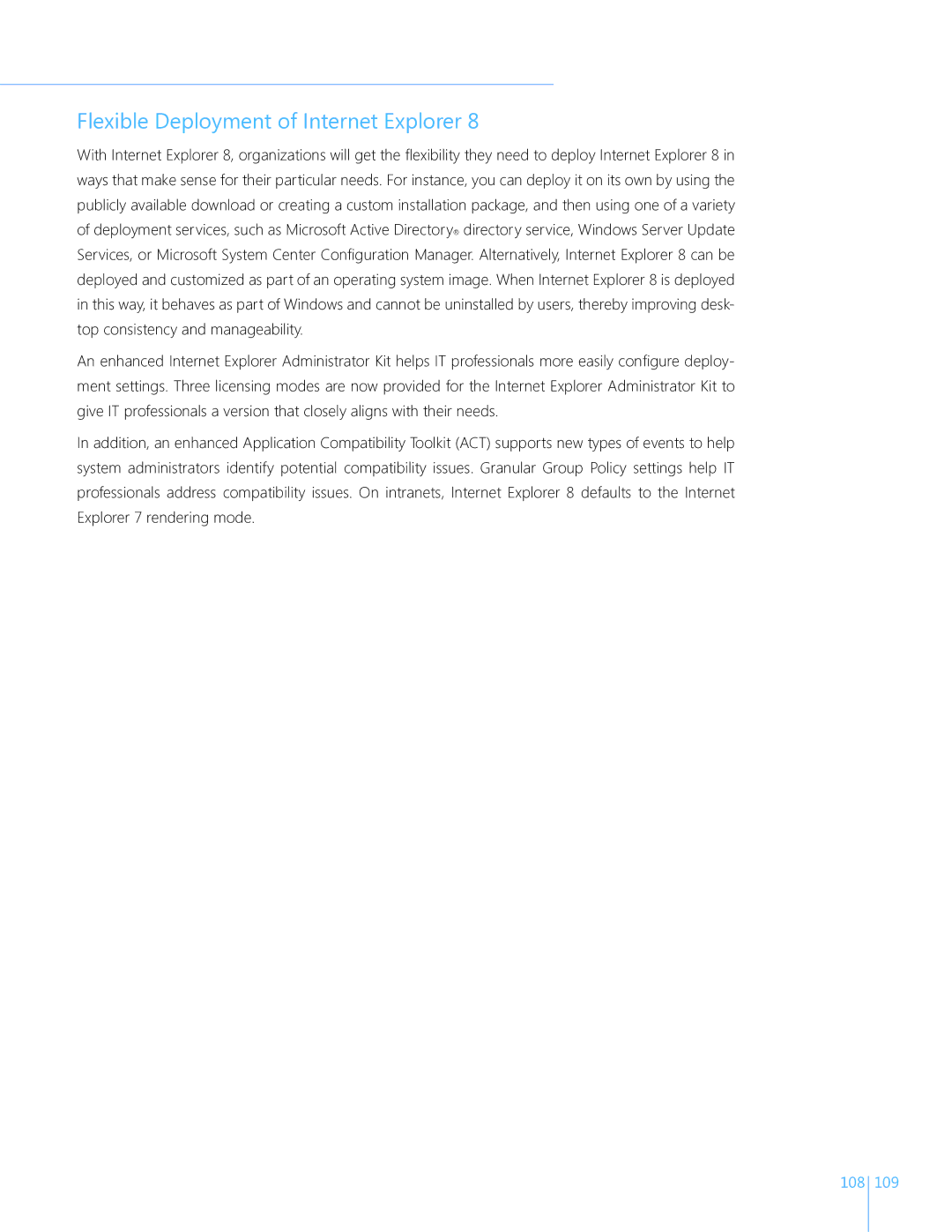FQC04649, QLF00195, FQC-04765, FQC04617, FQC01156 specifications
Microsoft has continually led the innovation curve in the realm of cloud computing, data management, and artificial intelligence. Among its diverse product offerings, several models, including GFC02050, GFC00020, FQC01156, GLC00182, and GLC-01809, stand out for their unique features, advanced technologies, and robust characteristics.Starting with the GFC02050, this model is designed for high-performance computing and scalable cloud solutions. Its architecture supports parallel processing, enabling organizations to run complex simulations and analyses with efficiency. The GFC02050 integrates Azure capabilities, allowing for seamless deployment and management of applications in a multi-cloud environment. Enhanced security features, such as advanced encryption and compliance tools, further ensure that sensitive data remains protected.
Next is the GFC00020, which excels in providing AI-driven insights. With built-in machine learning capabilities, it empowers users to harness data analytics for predictive modeling and decision-making. The GFC00020 is also notable for its user-friendly interface, making sophisticated analytics accessible to non-technical users. Its compatibility with various data sources, from on-premises databases to cloud storage, allows for versatile data integration.
The FQC01156 model stands out with its focus on business intelligence and reporting. Equipped with real-time data visualization tools, it enables organizations to track performance metrics and gain actionable insights swiftly. The FQC01156 also supports collaborative features, allowing teams to work together more effectively on data projects. Integration with Microsoft Power BI enhances its capabilities, providing detailed analytics and reporting functionalities for stakeholders.
Moving on to the GLC00182, this model is tailored for enterprise resource planning (ERP) solutions. Its strong integration with Microsoft Dynamics ensures a holistic view of business processes, facilitating better management of resources and operations. The GLC00182 boasts a modular design, allowing for customization to meet the specific needs of various industries. Automation features streamline workflows, reducing manual input and operational errors.
Finally, the GLC-01809 is optimized for data governance and compliance management. Its features include automated compliance checks, audit trails, and data lineage tracking, crucial for organizations navigating regulatory landscapes. The GLC-01809 integrates seamlessly with Azure services, providing a comprehensive solution for managing data privacy and ensuring adherence to standards such as GDPR and HIPAA.
All these models exemplify Microsoft’s commitment to providing cutting-edge technology solutions that cater to the evolving needs of businesses across various sectors. Their advanced features and capabilities position them as leaders in their respective domains.

